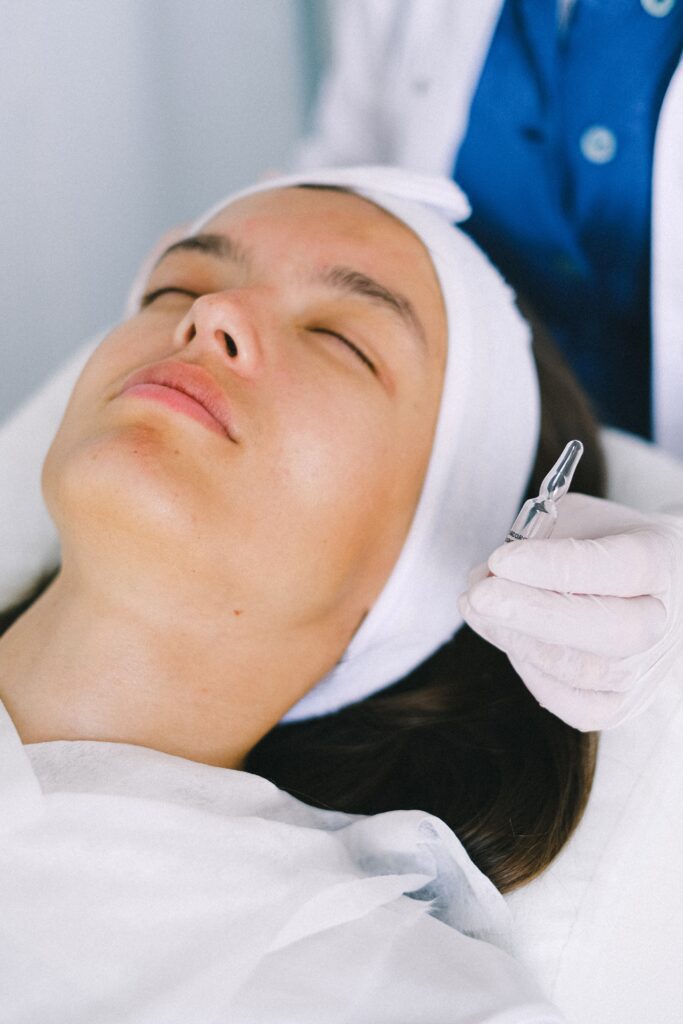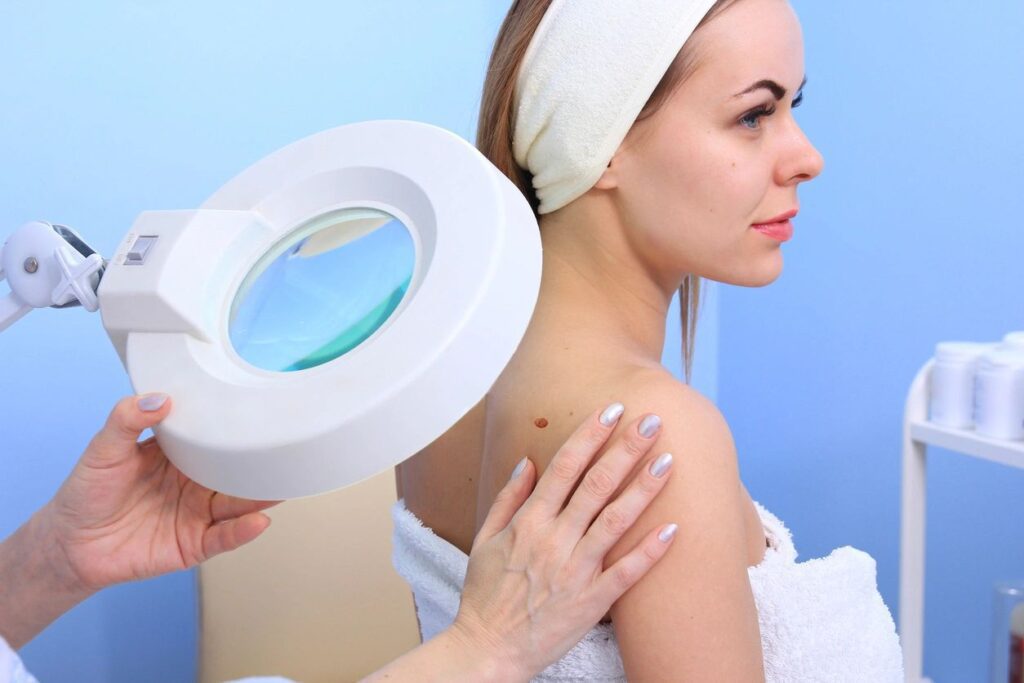MELANOMA: LYMPH NODE DISSECTION
By Robert S. Bader, M.D., Dermatologist |
Are we doing more harm than good? This has been a question that we have asked for decades regarding the treatment of malignant melanoma. Over the recent decades, margins of normal skin that are removed when treating melanoma have gotten smaller. Recently, the benefit of lymph node dissection to treat involved lymph nodes has come…
CHOOSE THE BEST MOHS’ SURGEON
By Robert S. Bader, M.D., Dermatologist |
According to a recent study, there is great variation from one Mohs’ surgeon to another when having Mohs’ surgery. In this study, they found that the mean number of stages per case was 1.47 (range, 1.09-4.11). The variation in range is huge!!! Thirty-five percent of surgeons were persistent outliers (performed more stages than the mean) in all three…
APPROXIMATELY ONE THIRD OF SUNSCREENS PROVIDE LESS THAN HALF OF THE SPF CLAIMED
By Robert S. Bader, M.D., Dermatologist |
Medscape (5/19, Doheny) reported, “About a third of sunscreens tested by experts…provide less than half the SPF protection claimed on the label,” according to Consumer Reports’ annual sunscreen report. According to the article, the Food and Drug Administration does not routinely test sunscreen products’ SPF. Dr. Bader recommends sunscreens that have a high concentration of zinc…
SKIN CANCER IS ON THE RISE!
By Robert S. Bader, M.D., Dermatologist |
According to a study published in Mayo Clinic Proceedings, squamous cell carcinoma rates have increased 263% between 2000 and 2010, while basal cell carcinoma increased 145% over the same time period. Although the reasons for this increase is not yet studied, increased sun exposure and increased tanning bed use are likely contributing factors. Avoidance of midday sun,…
REDUCE SUNBURN WITH A SINGLE DOSE OF VITAMIN D
By Robert S. Bader, M.D., Dermatologist |
According to a recent study, a single dose of at least 100,000 IU vitamin D3 rapidly attenuates sunburn when given within one hour of sun exposure. Lower doses were far less effective.
“NEW” TOPICAL TREATMENT FOR MELANOMA IN SITU: NOT SO FAST!
By Robert S. Bader, M.D., Dermatologist |
Melanoma in situ is a common tumor, and often affects the elderly. In some cases, surgery can be extremely extensive and/or patients are not good surgical candidates. For years, Dermatogists have been offering topical imiquimod (Aldara) to these patients as an alternative to surgery, with the full understanding that it is not as good as…
MANY BIOLOGICS USED TO TREAT PSORIASIS INCREASE THE RISK OF SKIN CANCER
By Robert S. Bader, M.D., Dermatologist |
In an article published in the Journal of the American Academy of Dermatology, individuals “with psoriasis who were treated with biologics had an increased incidence of cutaneous squamous cell carcinoma.” The risk increased by over 42% in those exposed to the TNF-alpha biololics, which include: infliximab[7] (Remicade), adalimumab (Humira), certolizumab pegol (Cimzia), and golimumab (Simponi), or with a circulating receptor fusion protein such as etanercept (Enbrel) which may…
TANNING BED USE FOR MINORS INCREASES MELANOMA RISK AND DEATH
By Robert S. Bader, M.D., Dermatologist |
A recent meta-analysis and data from the 2013 Youth Risk Behavior Survey concluded that prohibiting tanning bed use for minors could potentially reduce the incidence of melanoma by 4.9% and the number of melanoma deaths by 4.7%. It has been long known that tanning bed use increases the risk of cancer, but these findings are quite alarming….
NEW TREATMENT FOR ACTINIC KERATOSIS: DAYLIGHT PDT
By Robert S. Bader, M.D., Dermatologist |
Blue light photodynamic therapy (pdt) has been used for over a decade for the treatment of actinic keratosis, acne, and some superficial skin cancers, but has been associated with moderate discomfort during treatment. A new protocol using 2 and a half hours of natural sunlight instead of 16 minutes of blue light has been studied…
VIAGRA LINKED TO INCREASED MELANOMA RISK
By Robert S. Bader, M.D., Dermatologist |
According to an article published online April 7, 2014 in JAMA Internal Medicine, the use of sildenafil (Viagra, Pfizer) is associated with an increased risk of developing invasive malignant melanoma. Other medications used to treat erectile dysfunction, including Cialis and Levitra, were not studied as they were not approved at the time that this study…










